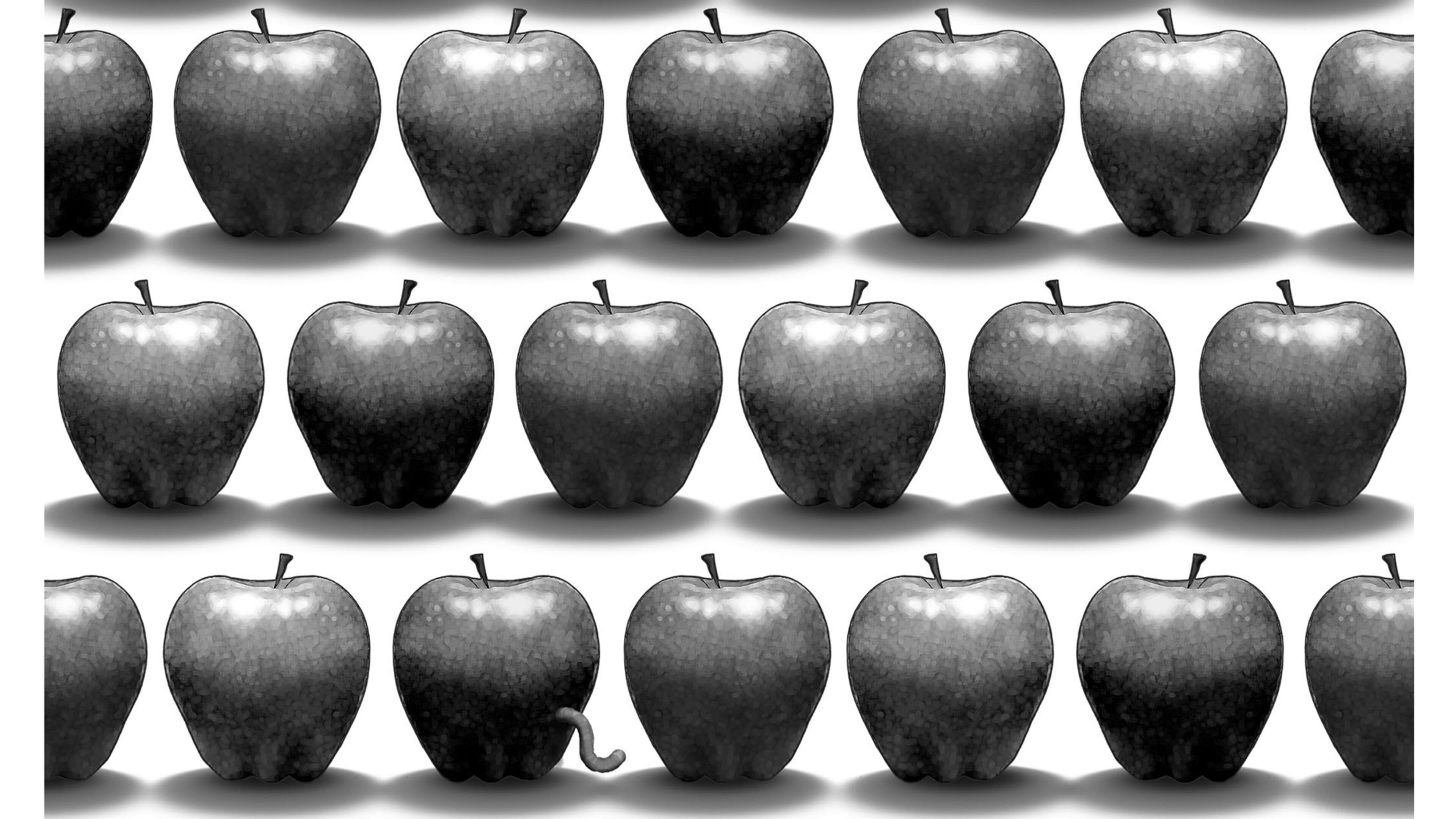Honesty gap in school proficiency exams?

A new report by a national education advocacy group finds Georgia sets the lowest bar in the country for student proficiency in math and reading.
The study by Achieve compares the percentage of Georgia students scoring proficient on the state’s exams last year against those earning proficient on the federal National Assessment of Educational Progress, better known as NAEP. Considered the gold standard in testing, NAEP sets its proficiency bar higher than most states, but no state had as large and as consistent gaps in performance as Georgia.
Proficient on NAEP means a student is performing at the top levels of what could be expected for the grade. I am not sure what proficient means in Georgia in light of these findings. For example, 94 percent of Georgia fourth-graders met the reading standard on last year's Criterion-Referenced Competency Test. On NAEP, only 34 percent scored proficient.
In 8th grade reading scores, there was a 65 percentage point difference in proficiency. In 8th grade math, Georgia led the nation with a 53-point gap. In 4th grade math, we had a 43 percentage point gap, the second highest in the nation after Louisiana.
Achieve says there is an honesty gap in what states tell parents about their students’ preparedness for college and career, and how well those students really stack up to peers around the country, based on NAEP results.
Michael Cohen, president of Achieve, noted Georgia and other states have adopted new tests that purportedly better measure critical thinking and problem-solving. “My hope is that we will see a closing of this gap the next time states report their results,” Cohen said.
The state Department of Education is not pretending Georgia doesn't have a problem. Melissa Fincher, Georgia's deputy superintendent for assessment and accountability, told the AJC, "The NAEP has shown us that we had the lowest expectations in the country." That's why, she says, Georgia adopted new and more demanding tests, the Milestones, given for the first time this year.
Results will not be released until fall. Parents are likely to be jolted by their children’s lower scores.
Cohen warned states like Georgia need the political courage to accept their more rigorous tests could produce lower rates of students reaching proficiency levels. “If you are improving your tests,” he said, “this is not a time to retreat. Stay the course even in the face of political pressures out there.”
Critics contend NAEP demands unrealistically high performances from students; but several states have the same high expectations of their students based on the study, including New York, Wisconsin, Utah, Alabama, Massachusetts, Missouri, Minnesota and Tennessee. A test given to select students in every state, NAEP is the only nationally representative and ongoing assessment of what America’s students know and can do in various subject areas. Because students nationwide take the same NAEP assessment, state-to-state comparisons can be made.
Do test results in high-achieving Massachusetts align with NAEP because the tests are harder, or does Massachusetts require a higher performance level from its students before labeling them proficient? Looking at the wide NAEP/CRCT gap in Georgia, two possibilities arise: 1. Our test was too easy. 2. It was an OK test, but the state set the bar for proficiency — the number of items a student has to get right — too low.
On a media call with reporters on the Achieve study, Tennessee Gov. Bill Haslam said his state has committed to stop lying to parents by telling them their children were proficient when they weren’t. A decade ago, Haslam said, 90 percent of Tennessee students were deemed proficient based on state testing. Yet 70 percent of the students attending community colleges in the state required remediation.
“When we set our own standards, we were defining proficiency standards that were way too low,” he said.
Along with adopting Common Core, using its federal Race to the Top grant to innovate, and listening to educators in the state, Haslam said Tennessee asked more of its teachers and students. And it has paid off. “Tennessee made the largest gains in the last round of NAEP testing,” the governor said. “’Largest gains in history’ and ‘Tennessee’ have rarely been used in the same sentence before.”



